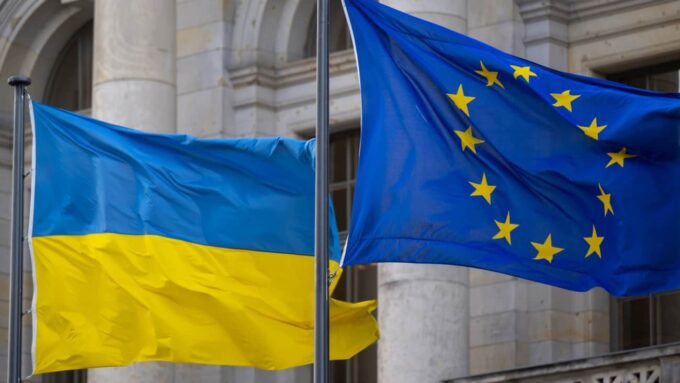The European Union is considering a new large-scale sanctions package against Russia, which entails serious restrictions in the financial and energy sectors

According to sources, including Bloomberg Agency and the Ukrainian information portal "European Pravda," European policymakers are exploring the possibility of disconnecting over twenty Russian banks from the global payment system SWIFT — one of the main tools for international financial transactions. This step would become another strong blow to Russia in response to its actions in Ukraine, as disconnecting banks will significantly limit their ability to access the global financial infrastructure. The proposed sanctions also include lowering the price cap on Russian oil — from the current $60 to approximately $45 per barrel — which aims to substantially diminish the revenues of Russia's oil industry. Naturally, such a decision would require support from the United States, as Washington holds key influence over global pricing policies. Furthermore, the European Union is considering introducing a ban on the transportation of gas through the Nord Stream pipelines — another element of a broader strategy to limit Russia’s access to resources that fund its military campaign against Ukraine. This would serve as a signal from Europe emphasizing its unwavering stance on Russian pipeline gas supplies and its desire to reduce dependence on Russian energy resources as much as possible. As part of further tightening its sanctions policy, the EU plans to crack down on the so-called “shadow fleet” of Russian tankers used to circumvent existing restrictions, and is also examining additional measures against banks supporting Russia’s aggression, including the Russian Direct Investment Fund (RDIF), which actively invests in the aggressor country. The new sanctions package, already the 18th since Russia’s full-scale invasion of Ukraine began in February 2022, will include measures aimed at protecting European companies from potential arbitration lawsuits under bilateral investment agreements. This is an important aspect to prevent additional legal and financial complications within the framework of Europe’s containment policy. The European Union announced its plans during closed consultations with representatives of member states. Sources within the agency note that these measures aim to further constrain Russia’s financial and energy space, reduce its ability to finance military actions, and drain the economy of the aggressor country. Amid these developments, it is noteworthy that earlier, U.S. President Donald Trump emphasized the need to lower global oil prices, which could help reduce Russia’s financial support for the war in Ukraine. Meanwhile, the United Kingdom called on the G7 to intensify efforts and agree on lowering the price cap on Russian oil to increase pressure on Vladimir Putin and force him to cease his aggression. Thus, the new EU sanctions package aims to become another crucial tool in fighting the economic support for Russia and its military machine. However, its implementation will require joint efforts from the international community and, in particular, close cooperation with the USA and other global partners, since these will influence the future prospects and stability of the region and global energy markets.

